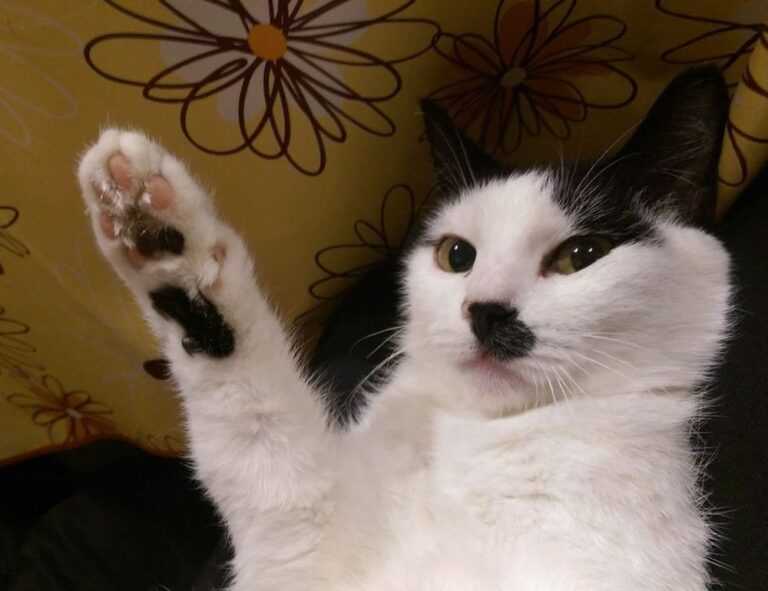Poker has long been seen as a male-dominated game, but women are steadily reshaping that narrative. From casual home games to high-stakes tournaments, more women are stepping up to the felt, proving they’ve got the skills, strategy, and grit to compete at the highest levels. It’s not just about winning hands—it’s about breaking stereotypes and claiming their rightful place in the game.
The History Of Women In Poker
Women have played an essential role in poker’s development, though their contributions were historically overshadowed. Overcoming early barriers, they paved the way for future generations with talent and perseverance.
Early Barriers And Stereotypes
Societal norms and discrimination kept women from participating in poker for decades. In the early 20th century, poker rooms were male-centric spaces where women were often unwelcome. Popular culture perpetuated the notion that poker was inherently a “man’s game,” making entry even harder. Common stereotypes labeled women as inexperienced or less strategic players, further discouraging their participation.
Despite these challenges, women began asserting their presence at home games and underground poker scenes. By the mid-1900s, a few started competing in public tournaments, gradually challenging the gender bias within the game.
Trailblazing Female Players
Trailblazing women helped shift the perception of poker’s gender exclusivity. Vera Richmond became the first woman to win an open World Series of Poker (WSOP) event in 1982. Barbara Enright followed in 1996, becoming the first woman to reach the WSOP Main Event final table. Both achievements highlighted women’s potential to compete at the highest levels.
Modern icons like Vanessa Selbst, with over $11 million in live tournament winnings, and Liv Boeree, known for WSOP and European Poker Tour titles, redefined excellence in poker for women. These players inspired a new wave of competitors, fostering greater inclusivity within the poker community.
Modern Day Achievements
Women’s growing presence in poker continues to reshape the competitive landscape. Today, their accomplishments reflect skill, tenacity, and the breaking of long-held barriers.
Women Dominating Poker Tournaments
- Female players have made significant strides in prestigious tournaments.
- Kristen Bicknell, a three-time World Series of Poker (WSOP) bracelet winner, has consistently demonstrated her expertise in high-stakes events.
- Similarly, Maria Ho, a highly respected pro, has cemented her reputation with over $4 million in live tournament earnings.
- In 2021, Nadya Magnus captured the title of Global Poker Index (GPI) Female Player of the Year, solidifying her as a top contender against global peers.
- These successes exemplify how women outperform in high-pressure environments, challenging the male-dominated narrative of poker tournaments.
The Role Of Online Poker In Empowering Women
Online platforms have provided women with opportunities to hone their skills in a virtual environment. This format eliminates traditional barriers, such as intimidation in live settings, fostering inclusive participation.
Professional players, like Vanessa Kade, have built successful careers through online poker, leveraging anonymity to focus on refining strategies without external biases. Platforms like PokerStars and GGPoker also support women with initiatives, including women-only online events, which encourage participation and community building.
These spaces have allowed many female players to transition from online settings to live arenas, achieving broader recognition. As more women enter online and live circuits, they’re redefining the potential and scope of women in poker.
Challenges Women Face In Poker

Women in poker often encounter unique challenges that stem from:
- gender stereotypes
- societal expectations
- personal obligations
These obstacles impact their participation and growth in the game.
Gender Bias And Misconceptions
Gender bias in poker creates an unequal environment. Many players assume women lack the strategic acumen or psychological resilience required for success. These misconceptions hinder equal recognition and respect, despite the achievements of numerous female professionals. For example, stereotypes often lead to women being underestimated at the tables, which can be both an advantage and a frustrating barrier to credibility.
Comments and behaviors rooted in sexism alienate women in poker spaces. Instances of dismissive attitudes or inappropriate conduct in live events and online chat boxes foster feelings of exclusion. This discourages participation and affects women’s ability to enjoy or develop their skills in the sport.
Balancing Poker And Personal Life
Balancing poker with personal life poses additional challenges for women. Poker’s non-traditional hours and demanding travel schedules clash with caregiving responsibilities and societal expectations around family roles. Professional female players frequently navigate difficulties in prioritizing career goals while fulfilling expectations at home.
Limited access to support networks intensifies the struggle. While male players often thrive on informal mentorships and established camaraderie in poker rooms, women face challenges building similar networks. This lack of shared support adds complexity, making it harder for women to climb the competitive ladder.
Initiatives Supporting Women In Poker
Women in poker benefit from targeted initiatives that encourage participation and foster an inclusive environment. These efforts create supportive spaces to develop skills and challenge existing stereotypes.
Women-Only Poker Tournaments
Dedicated women-only tournaments provide a comfortable entry point into competitive play. Events like the Women’s World Poker Tour and the Ladies Event at the World Series of Poker (WSOP) create platforms for women to showcase their talents without the intimidation of a male-dominated field. These tournaments nurture confidence and help players build experience, with increasing prize pools and recognition driving greater participation annually.
Online poker platforms also host women’s events, like PokerStars’ Women’s Sunday and GGPoker’s Queen Rules Series, offering accessible opportunities to compete and network. Such initiatives demonstrate that fostering a welcoming environment amplifies women’s contributions to the game.
Advocacy And Mentorship Programs
Advocacy plays an essential role in addressing the challenges women face in poker. Organizations like Poker League of Nations (PLON) and Women in Poker Hall of Fame actively promote gender inclusivity by educating players, challenging biases, and amplifying female success stories. These platforms make poker more approachable for women by increasing visibility and breaking down barriers.
Mentorship initiatives provide critical support, connecting aspiring players with experienced professionals. Programs such as those led by Women’s Poker Association (WPA) and Poker Power teach fundamental skills, bankroll management, and game theory. Mentors like Maria Ho and Vanessa Kade use their platforms to inspire and guide women across various stages of their poker journeys. Such efforts encourage skill development while empowering women to succeed in competitive environments.






















































































































































































































































































































































































































































































































































































































































































































































































































































































































































































































































































